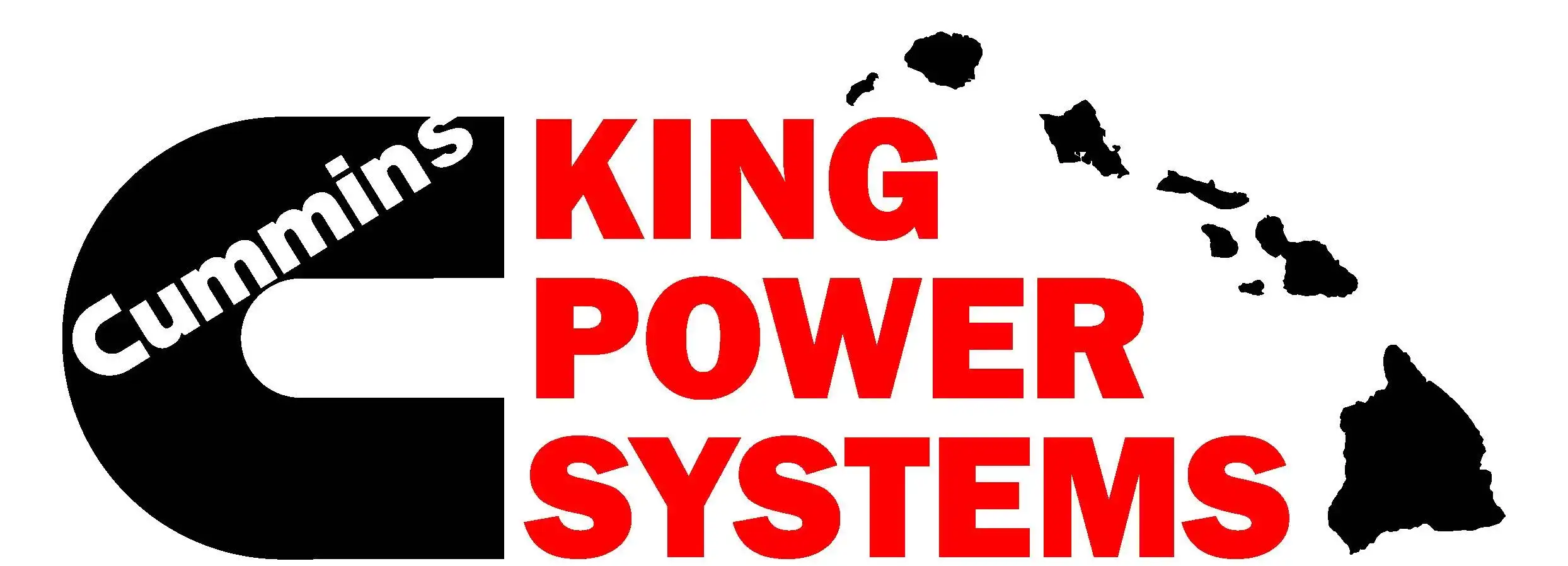VIDEO: UH-Maui College saving energy with new PV Array
By Wendy Osher
The University of Hawai`i Maui College dedicated a new 15 kilowatt photovoltaic system today that is designed to reduce the college’s energy costs. The non-petroleum based electricity system was installed by 80 students in two sustainable technology classes.

The University of Hawai`i Maui College dedicates a new 15 kilowatt photovoltaic system today that is designed to reduce the college’s energy costs. Photo courtesy UH-Maui College.
[flashvideo file=http://www.youtube.com/watch?v=6TQd6FJz1wU /] The PV array is already helping to reduce the college’s demand on the Maui Electric grid, recording average daily production of 71.5 kilowatt hours—reducing UHMC’s CO2 footprint by approximately 177 pounds of carbon dioxide a day.
“This Sustainable Technology project exemplifies UH Maui College’s efforts to be both a leader in sustainability in Maui County and a key educational provider in advancing the community’s goals of achieving greater energy self-sufficiency,” said Chancellor Clyde Sakamoto.
The program initiated in Fall 2008 provided a curriculum in which students learned the basics of construction technology for working on a rooftop, with an emphasis on appropriate safety systems, followed by practical experience in installing the PV systems and associated inverters to provide connection to the electrical grid.
The program included coursework in which students were focused on theory, site evaluations and design of PV systems. In the Spring 2010 semester, a class of 15 students set up and put into operation 84 175-watt Kyocera Polycrystalline Silicon photovoltaic panels atop a section of the roof of a Sustainable Construction Technology classroom building.
Future classes will incorporate theoretical and practical elements for students, while continuing to add to the UHMC campus PV generating systems.
Program Coordinator Stuart Zinner reported that the UHMC project will be useful for a number of interested energy and technology agencies, including the Office of Naval Research, which has asked for data on power production of the array.
“Our students receive the benefits of hands-on training in construction technology as well as a technical education experience in electrical systems that will prepare them for job opportunities created by renewable energy developments in the community,” Zinner said.
“UH Maui College benefits from the reduction in its energy costs while establishing its role in educational research and development in sustainable technologies. In the educational component, an assortment of units of the college are making contributions to the curriculum and extending training opportunities for work force development,” said Zinner.

The PV array is already helping to reduce the college’s demand on the Maui Electric grid, recording average daily production of 71.5 kilowatt hours—reducing UHMC’s CO2 footprint by approximately 177 pounds of carbon dioxide a day. Photo courtesy: UH-Maui College.
Gregory Davis, who enrolled in two semesters of the Sustainable Technology project, said he felt the classes covered key aspects needed by workers in sustainable industries.
“It included subjects like fall protection when working on a roof, all the OSHA standards and requirements, all the basics as well as the technology,” he said. “I feel I can plan to go as far as I want to go,” Davis said.
(Information and images courtesy: UH Maui College)








